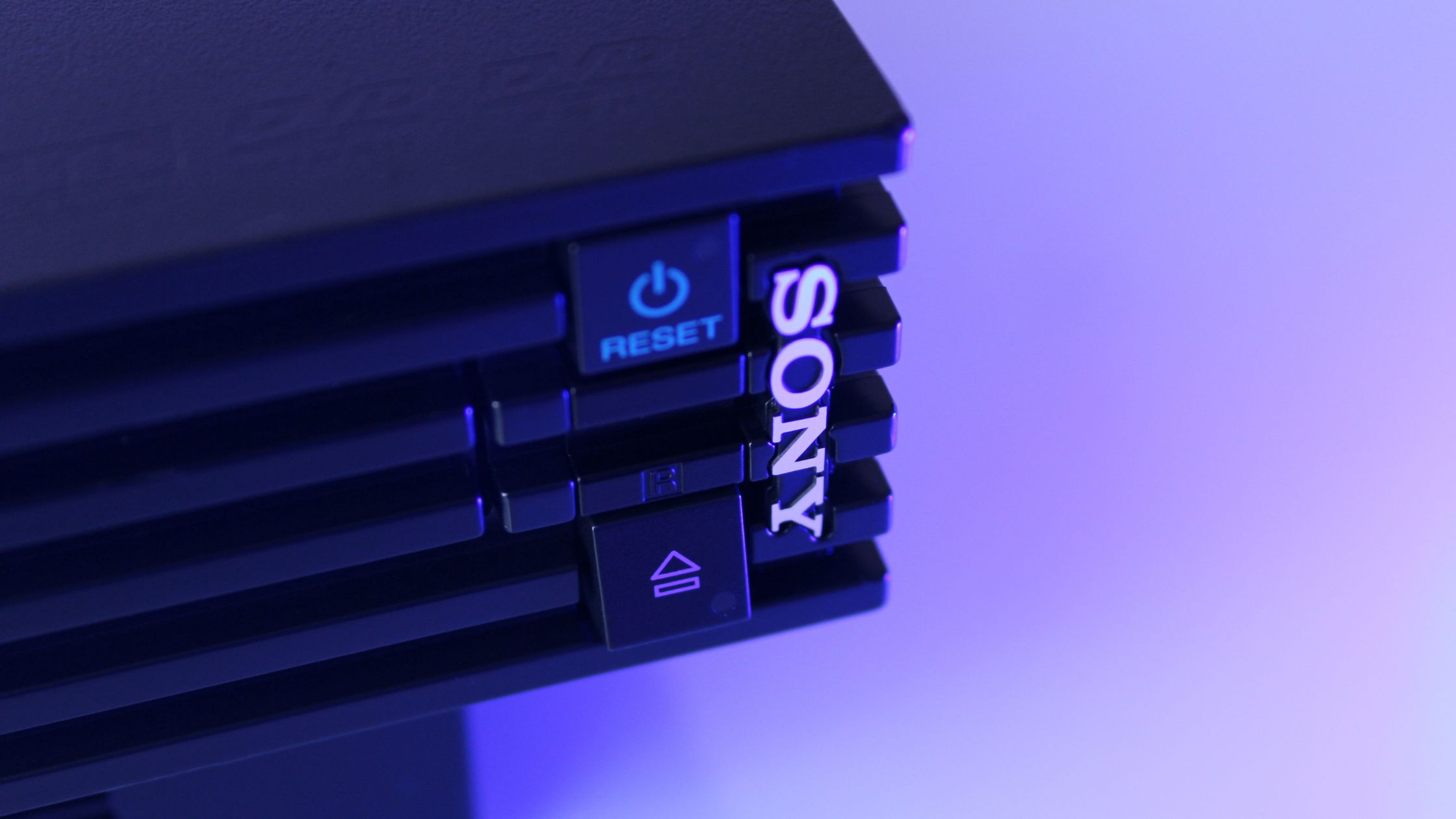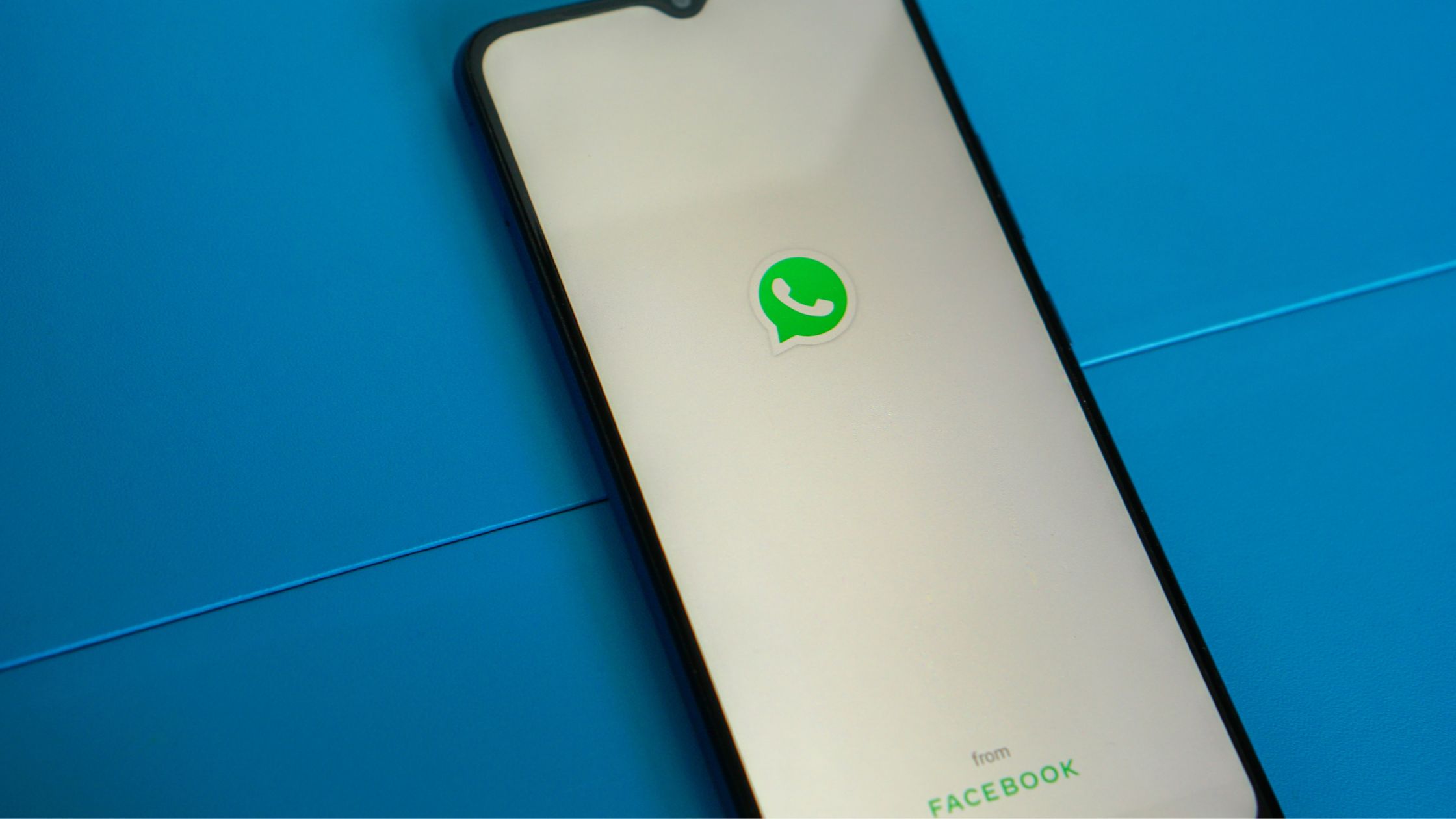In a surprising turn of events, PlayStation Network, a service that began selling TV shows and movies with the introduction of PlayStation 3 in 2008, is removing a significant number of titles from user libraries. This shift marks the end of an era for PlayStation, which stopped selling movies and TV shows in 2021 due to the rise of streaming TV apps. However, the impact of this decision extends beyond just the availability of new content; it affects users who have previously purchased specific titles from the PlayStation Store.
One of the key features of PlayStation 3 was the ability to transfer content across various Sony devices. However, this feature was not continued with the PlayStation 4, as noted by Kotaku. Despite this, users who had purchased content expected perpetual access, a reasonable assumption given the language of purchase rather than rental.
Shockingly, 1,318 seasons of shows are being removed. This includes a range of obscure titles like ‘Wives With Knives,’ ‘An Idiot Abroad,’ ‘Evil Twins,’ and ‘Body Bizarre,’ as well as more mainstream shows such as ‘American Chopper,’ ‘Cake Boss,’ ‘MythBusters,’ ‘Shark Week,’ and ‘Say Yes to the Dress.’ The breadth of content being revoked indicates that a significant number of users will be affected by Sony’s announcement.
Sony attributes this move to “content licensing agreements,” a vague explanation that leaves much to interpretation. It’s speculated that Sony’s decision could be linked to their disinterest in renewing licensing agreements with Warner Bros. Discovery (WBD), especially since PlayStation Store ceased selling such content years ago. Despite Sony’s initial assurance that users would retain access to their purchased content, the reality is proving different.
This situation is further complicated by WBD’s strategic focus on bolstering its streaming services, particularly after the merger of HBO Max and Discovery+ into Max. WBD’s decision to maintain Discovery+ as a separate service, as reported by The Wall Street Journal, might be a tactic to avoid losing subscribers to a more expensive Max subscription. This move could be part of a broader strategy to drive users towards WBD’s streaming platforms, potentially leading to double-dipping, where customers pay again for content they’ve already purchased.
Sony’s action is a stark reminder of the nature of digital media ownership. Despite terms like “buy” and “own,” digital content is often subject to revocation based on licensing agreements. This practice isn’t exclusive to Sony; it’s prevalent across various platforms, including Amazon Prime Video and eBook services.
The realization of this impermanent ownership is prompting a reassessment of digital media purchases and a renewed interest in physical media. Renowned director Christopher Nolan’s advocacy for Blu-ray versions of films, as highlighted by Forbes, underscores this sentiment. However, finding physical copies of niche titles, like those offered on Discovery+, remains a challenge.
The removal of purchased content from digital libraries is not just a legal or technical issue; it’s a consumer rights issue. It highlights the often-overlooked fine print in service agreements and challenges the perception of ownership in the digital age. As streaming services continue to evolve and dominate, consumers are left grappling with the transient nature of digital ownership, a reality that can be both surprising and disappointing.
Sony’s decision, while legally sound under their service terms, raises ethical questions about digital content rights and consumer expectations. It underscores the importance of understanding licensing agreements and the limitations of digital purchases. As the landscape of digital media continues to shift, consumers and companies alike will need to navigate these complex issues with greater transparency and consideration.








